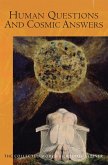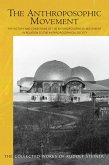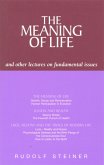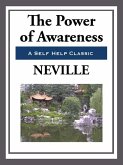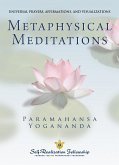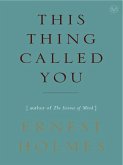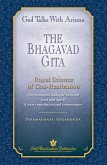'As soon as you start thinking about the living sphere, you have to make the thought itself mobile. The thought must begin to gain inner mobility through your own power.' - Rudolf Steiner Rudolf Steiner divides these absorbing, previously-untranslated lectures into three sections, opening with 'The Value of Thinking'. Here, he discusses the quality of thinking itself, contrasting 'dead physical cognition', 'living imaginative cognition', 'inspired cognition', and the latter's connection with previous periods of human and planetary development. He clarifies how 'visionary clairvoyance' can relate to individual intelligence, and also speaks of the submergence of ideas - the effects of sad or joyful experiences and feelings - into the unconscious. These can be 'life-promoting' or 'life-inhibiting'. In the second section he speaks about 'The Relationship between Spiritual Science and Natural Science', using a contemporary publication as a case study for how texts can be fruitfully analysed. He characterizes the spiritual-scientific method as allowing facts or personalities to speak for themselves, rather than making personal judgements. Finally, he deliberates on 'Episodic Observations about Space, Time, Movement' - kinetic formula and concepts such as the speed of light - introducing, directly from his spiritual observations, notions such as 'light ether'. The lectures are supplemented with an introduction, comprehensive notes, line drawings and an index. Eleven lectures, Dornach, Aug.-Oct. 1915, GA 164
Dieser Download kann aus rechtlichen Gründen nur mit Rechnungsadresse in A, B, BG, CY, CZ, D, DK, EW, E, FIN, F, GR, H, IRL, I, LT, L, LR, M, NL, PL, P, R, S, SLO, SK ausgeliefert werden.



